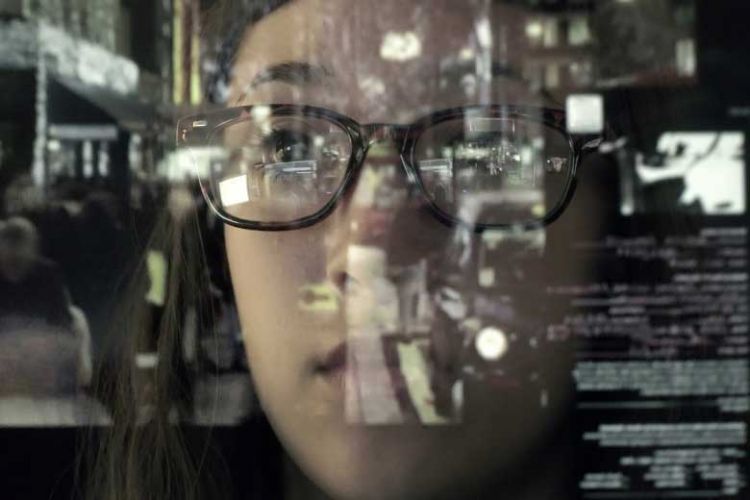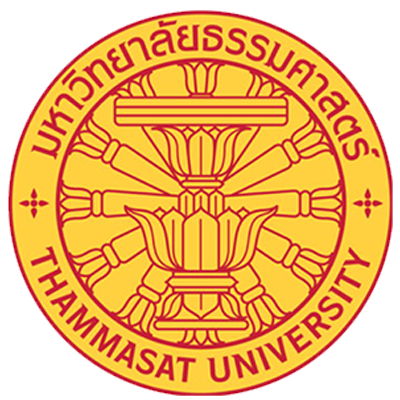Creating the workforce of the future

Sponsored by

Sponsored by

Through competency-based, self-designed curricula that improve access to higher education, Thammasat University is delivering graduates for Thailand and beyond
Thailand’s graduate employment market is buoyant: there are about 360,000 students graduating every year, and 480,000 roles available. But only 60 per cent of those positions are filled, according to Chalie Charoenlarpnopparut, vice-rector for academic affairs at Thammasat University. “Not all students get a job, and not all employers get the students they want, so there’s a mismatch,” he says.
There are also the challenges created by a volatile, uncertain, complex and ambiguous (VUCA) business environment, exacerbated by both the coronavirus pandemic and the rapid pace of change in technological developments, the latter of which means that many graduates will be required to do jobs that do not yet exist. “We felt we needed to disrupt ourselves as a university – to look at the purpose of education in the 21st century as creating globally responsible citizens who can live the life of their dreams in the disruptive era,” says Dr Charoenlarpnopparut of Thammasat’s response to this.
A core part of Thammasat’s strategy is its Gen Next Academy, which enables learners of all ages to access learning online via a MOOC or, pre-coronavirus, in person on campus. “Lifelong learning means people receive an education continuously, rather than gaining a degree and then going into work,” says Dr Charoenlarpnopparut.
Thammasat’s aim is to attract three types of learners: high school students who have free time and wish to advance their learning or gain credits as a “head start” before starting university; those already in the workforce who wish to retrain; and retired people who want to learn something new or gain skills to start a new business.
In 2019, Thammasat launched an online master’s degree – the first university in Thailand to do so. It focuses on three subject areas: business administration and innovation; digital transformation and data science; and engineering and applied artificial intelligence. The master’s is modular, so students can manage and plan their programmes to suit their budgets and time restrictions. To deliver it, Thammasat has partnered with Thailand’s leading learning platform, SkillLane, which already has more than 200,000 users and so is familiar to many students. “You don’t even have to enrol at the university – you can accumulate credits through SkillLane and then transfer the credits if you join,” says Dr Charoenlarpnopparut. “Once you start a course, you’re not forced to continue – you can delay your graduation and payment. It’s very progressive.”
Such flexibility is now being extended to the rest of the curriculum. In 2020, Thammasat hopes to launch a self-designed curriculum whereby students are able to “plug and play” different modules across multiple disciplines to make up their chosen degree credits. This can be divided into concentrations of related courses, and students are assessed on competencies, rather than just knowledge or facts, within those concentrations. This is helpful for employability, according to Dr Charoenlarpnopparut, because the student is given a transcript of what they’re good at, and at what level. “The future curriculum has to be competency-based,” he argues. “Students need the ability to react to problems and challenges, to make sure they can cope with situations they’ve never dealt with before. Knowledge is not enough.”
Thammasat’s new Frontier School, currently in its pilot phase, is another example of its commitment to self-designed learning. Students are accepted into the university without knowing their major. They can then explore courses in, for example, law or business, and then decide what they want to pursue. There are career-focused activities in the initial semesters, including visits from professionals in those fields, and workshops to help students explore a potential career. Once students have decided on a goal, they can build their curriculum around it. One hundred and twenty students have already been accepted to the Frontier School and are scheduled to start in autumn 2020. Thammasat hopes to expand its intake through this channel from 2021.
The university’s innovative approach has attracted international recognition. The Thammasat Business School is only the second business education institution in South-east Asia to receive the Triple Crown certification (certification from the three biggest global certification bodies: EQUIS, AACSB and AMBA), an accolade held by fewer than 100 institutions in the world. Experts from multinational businesses are invited as guest speakers, and there are opportunities for students to gain insights into working life at the corporations themselves. “We’re helping them to make connections,” concludes Dr Charoenlarpnopparut. “Education is not just about what goes on inside the university. Students need to learn about the real world and experiences in the workplace.”
Find out more about Thammasat University.
